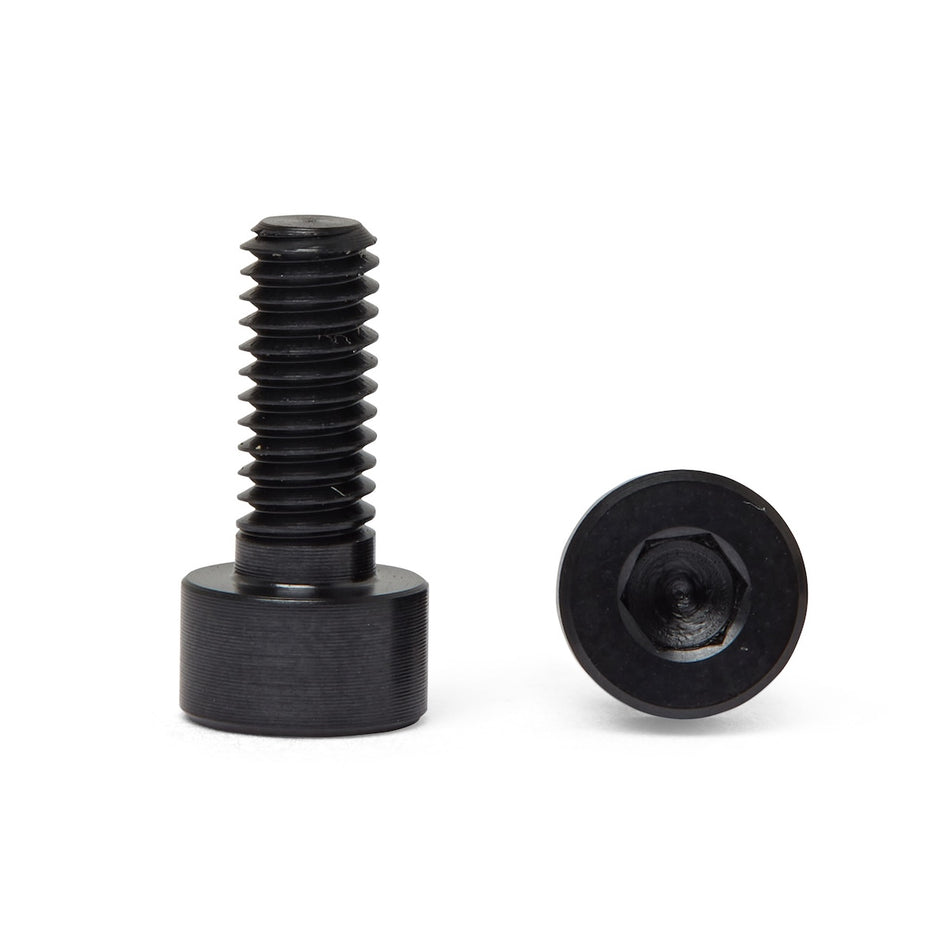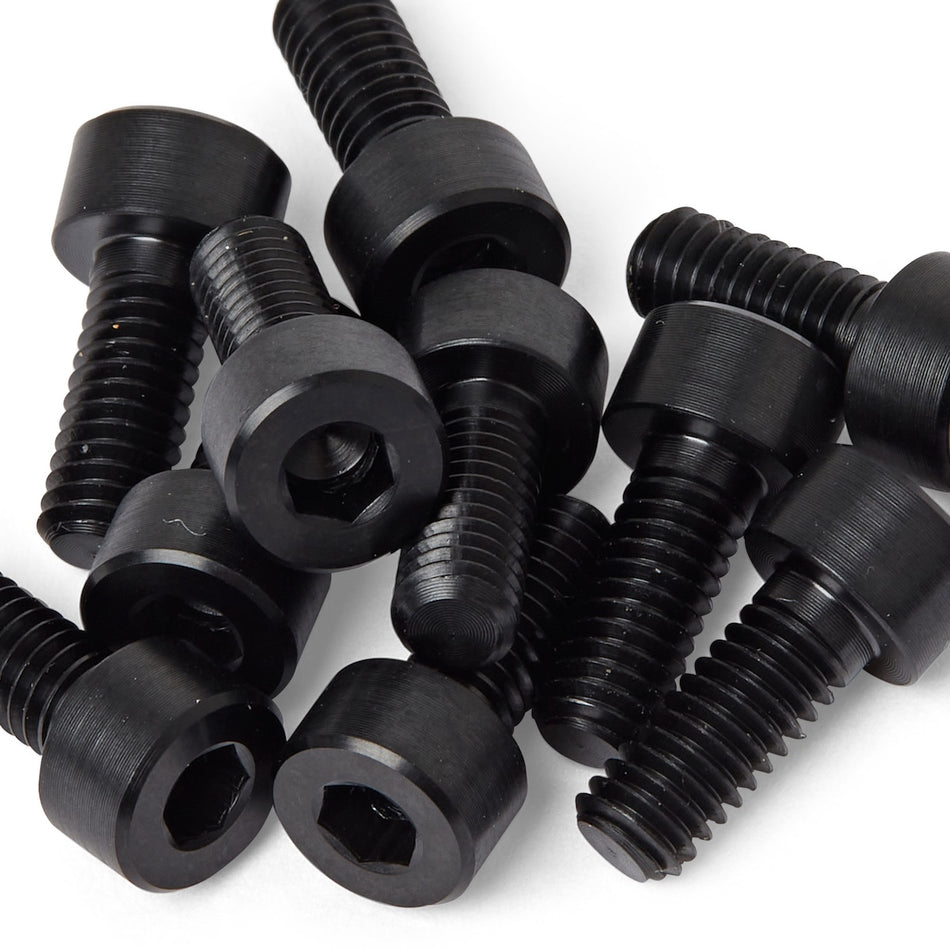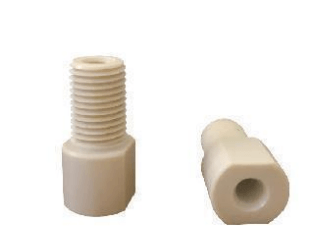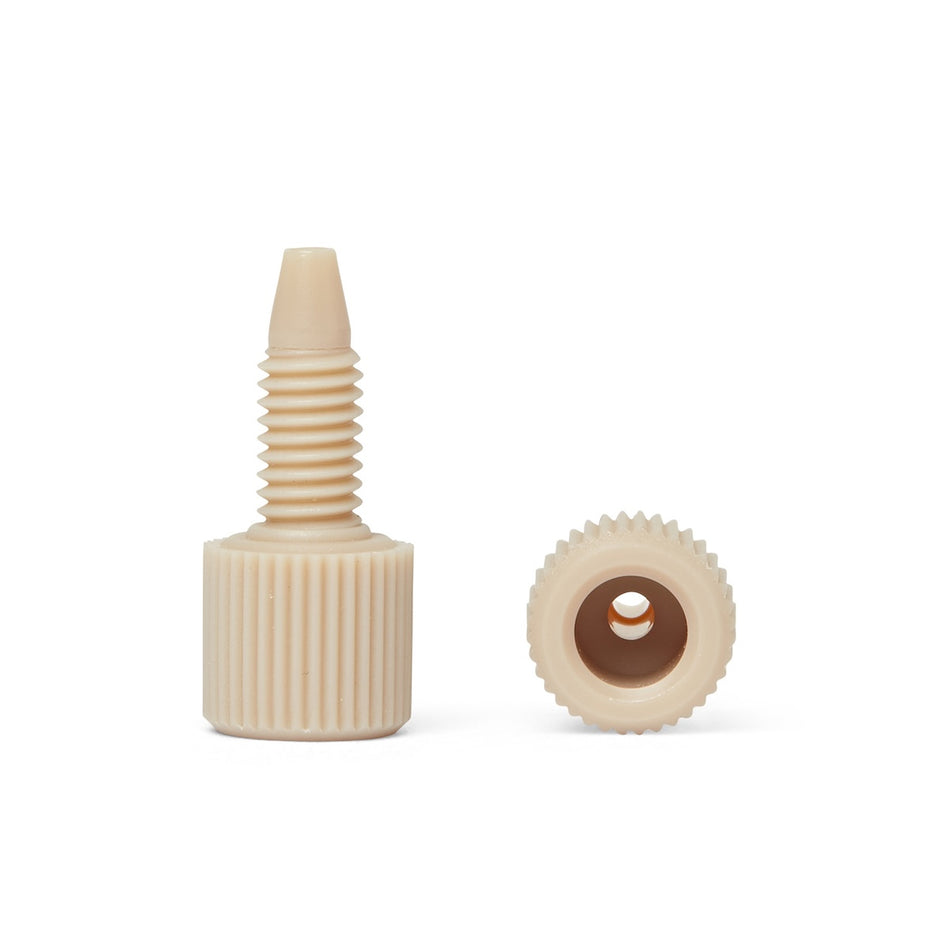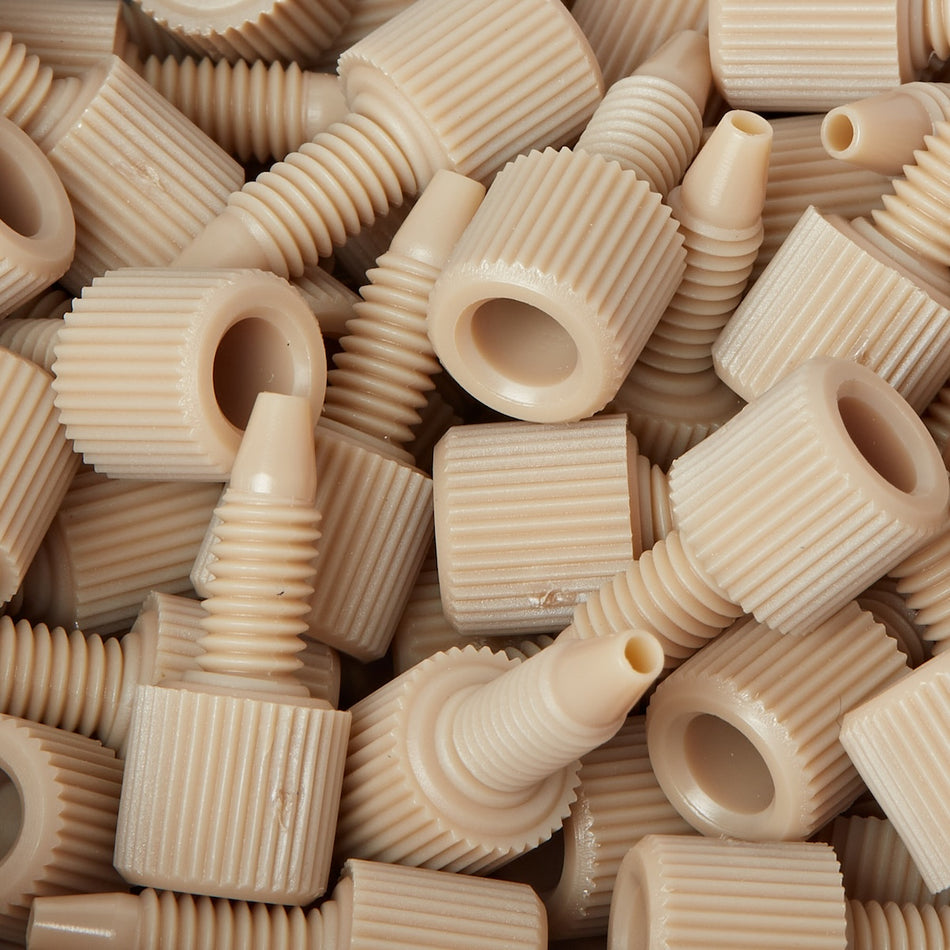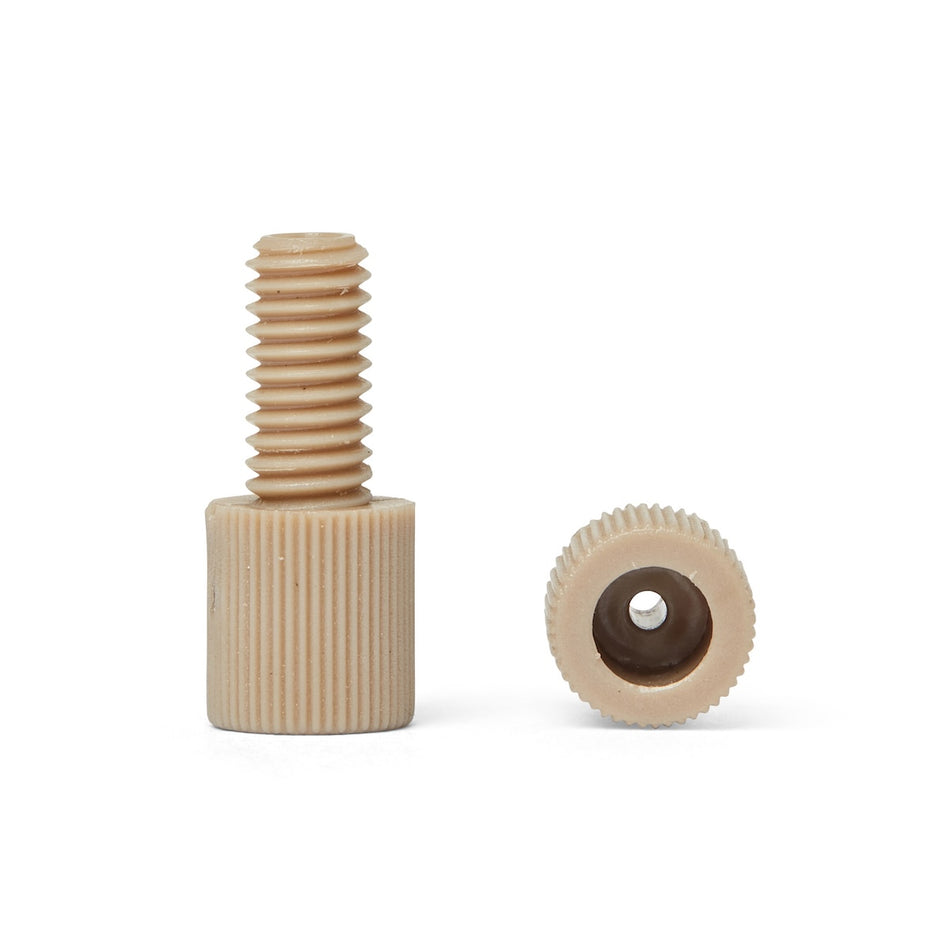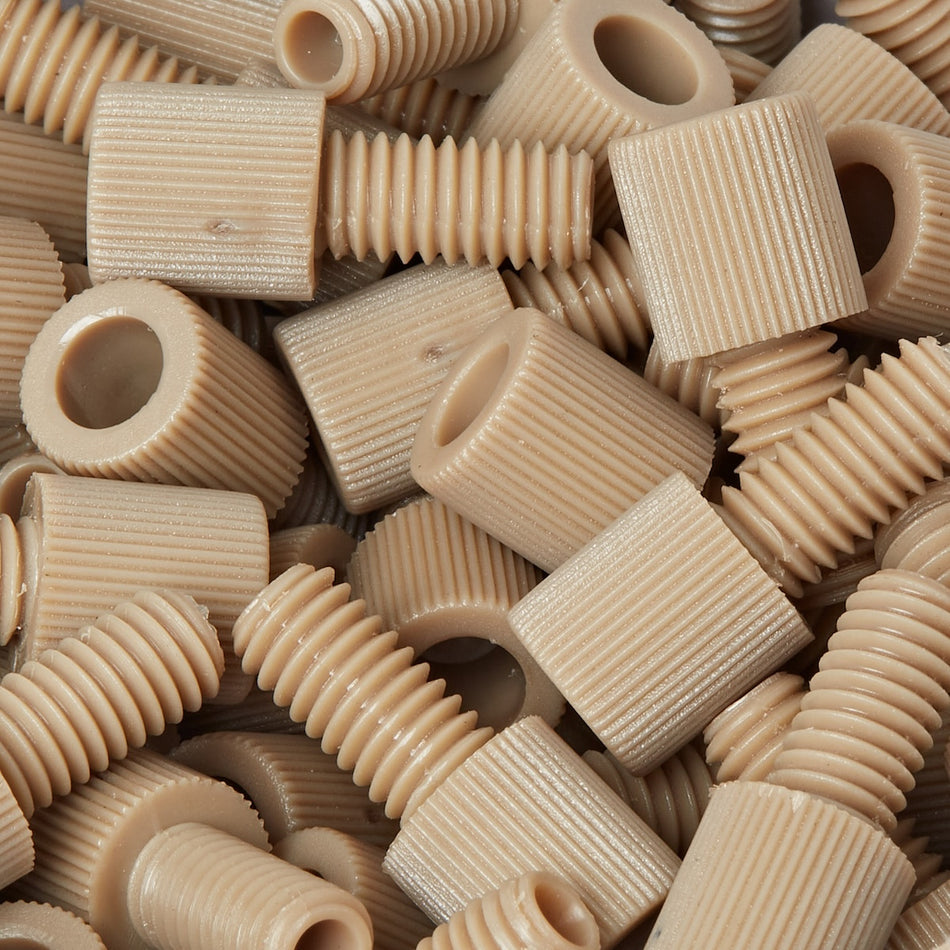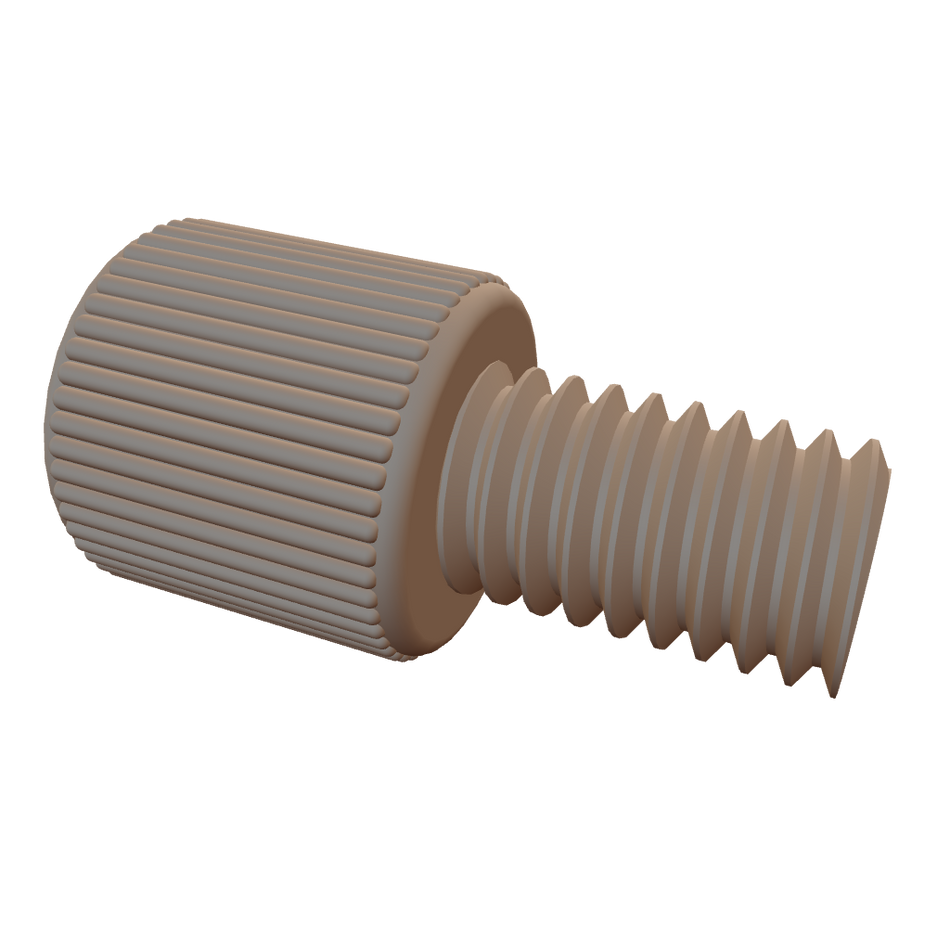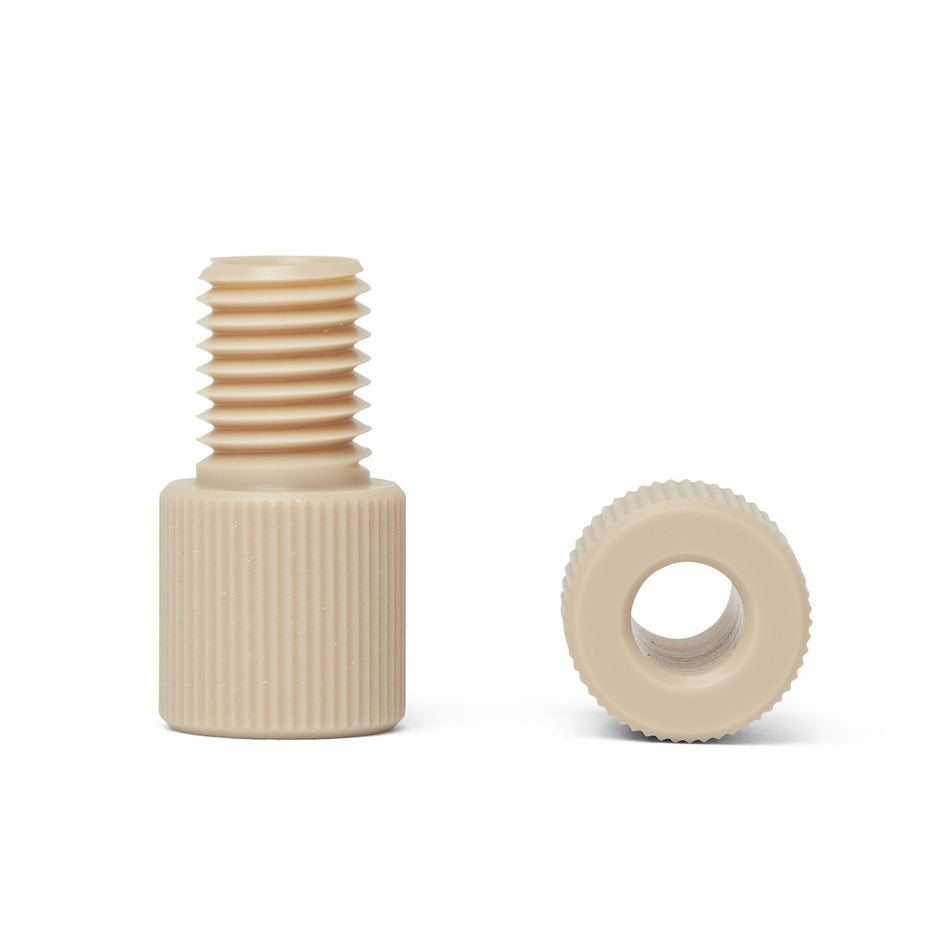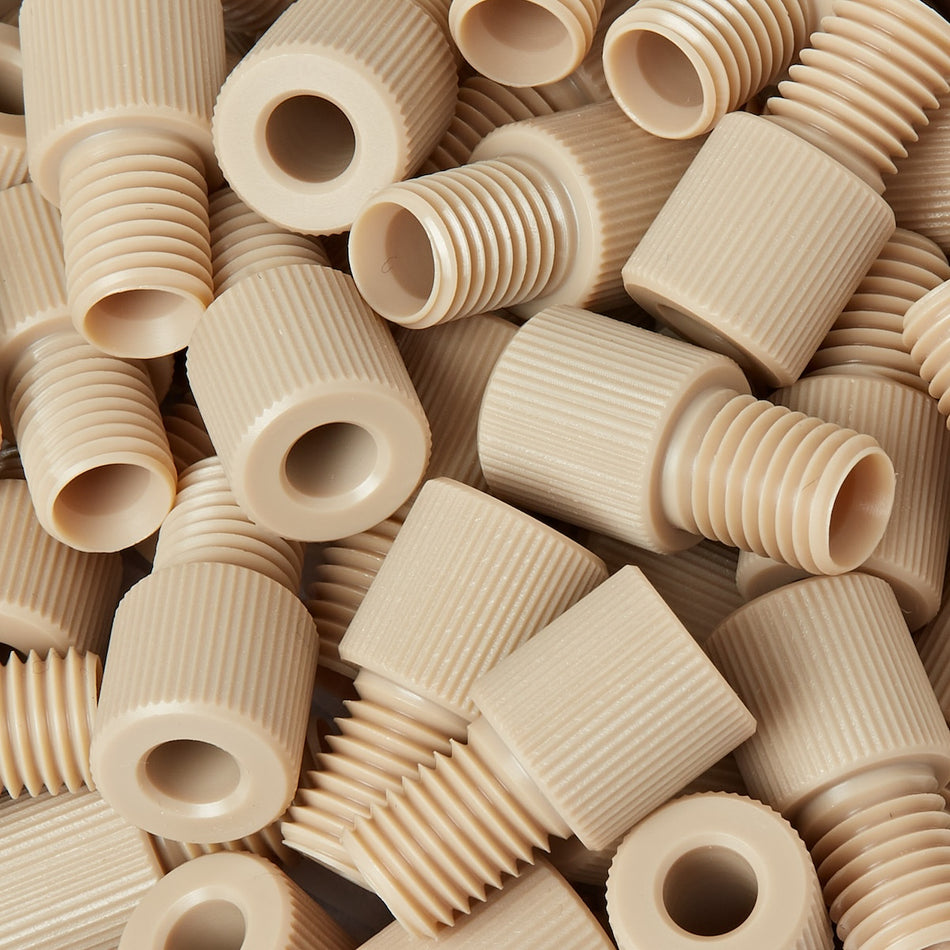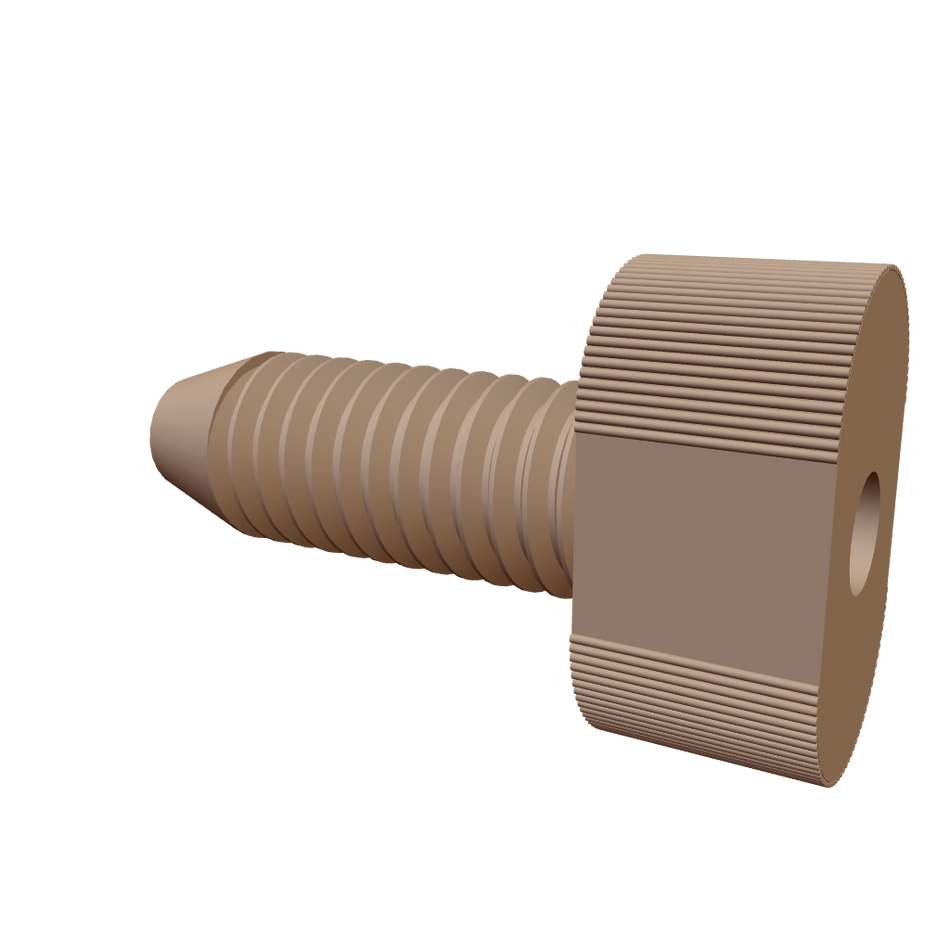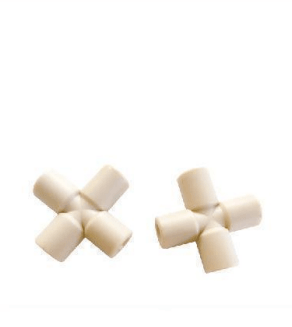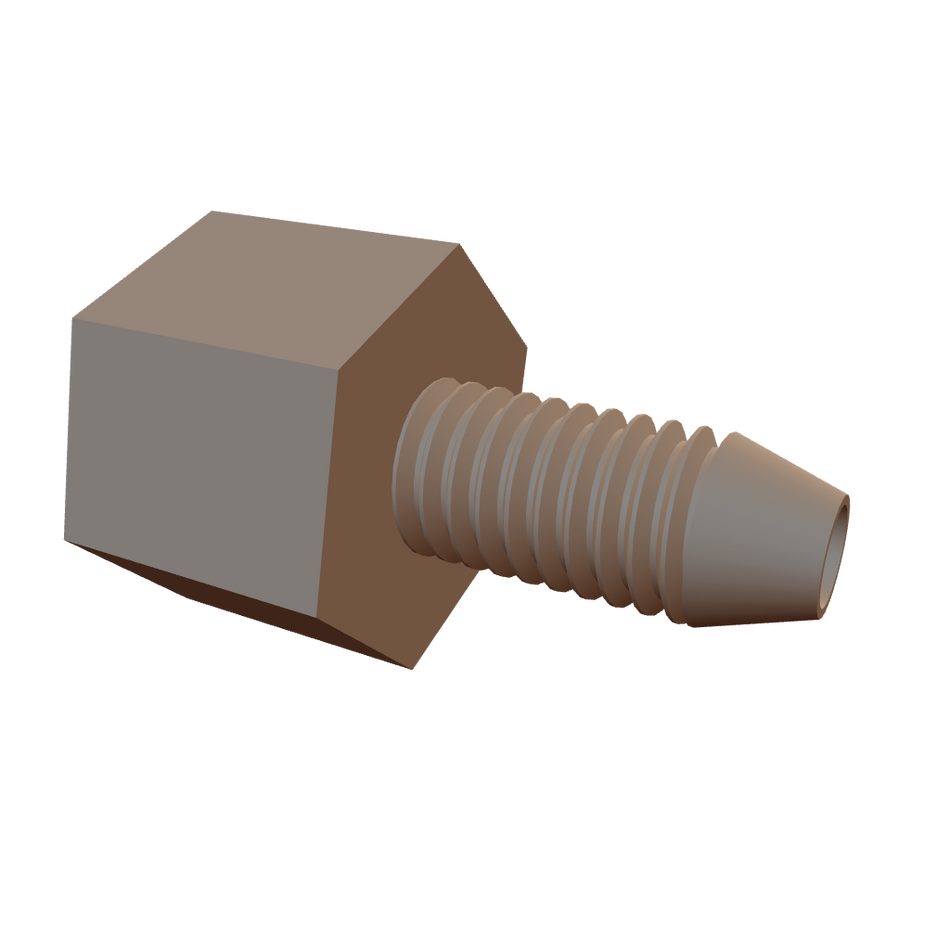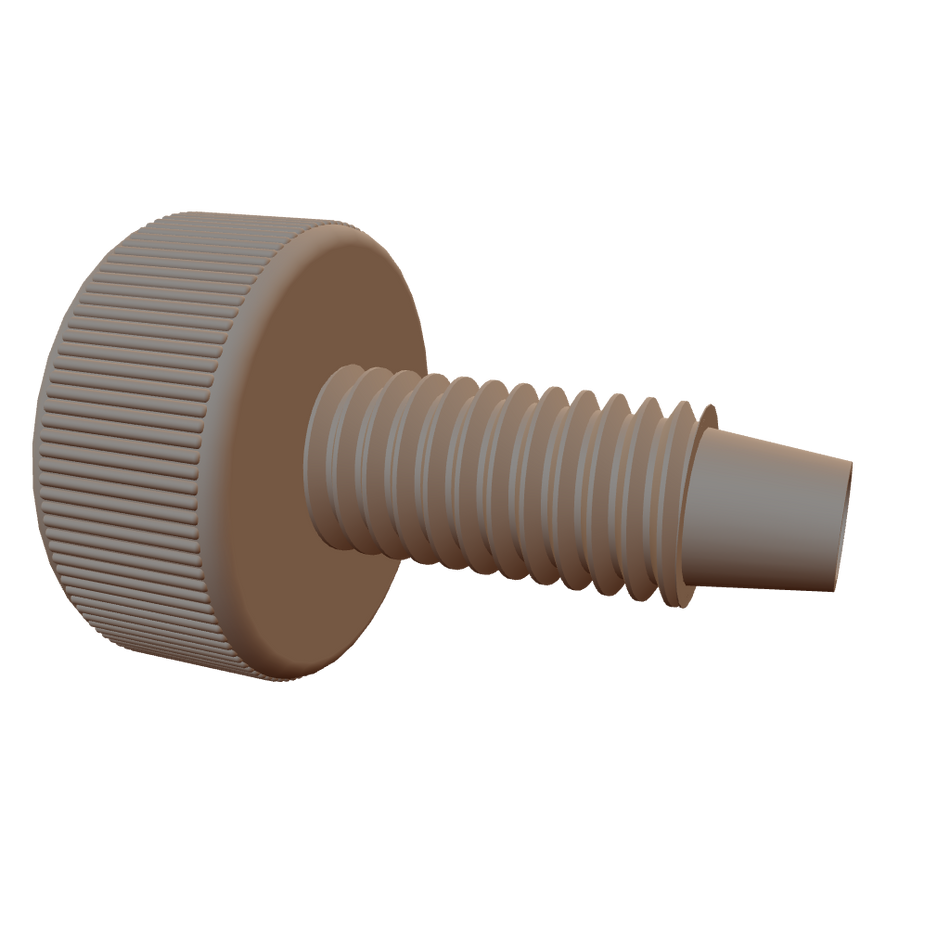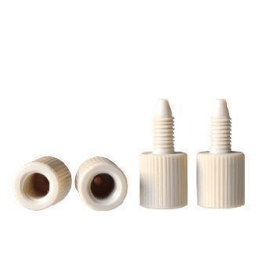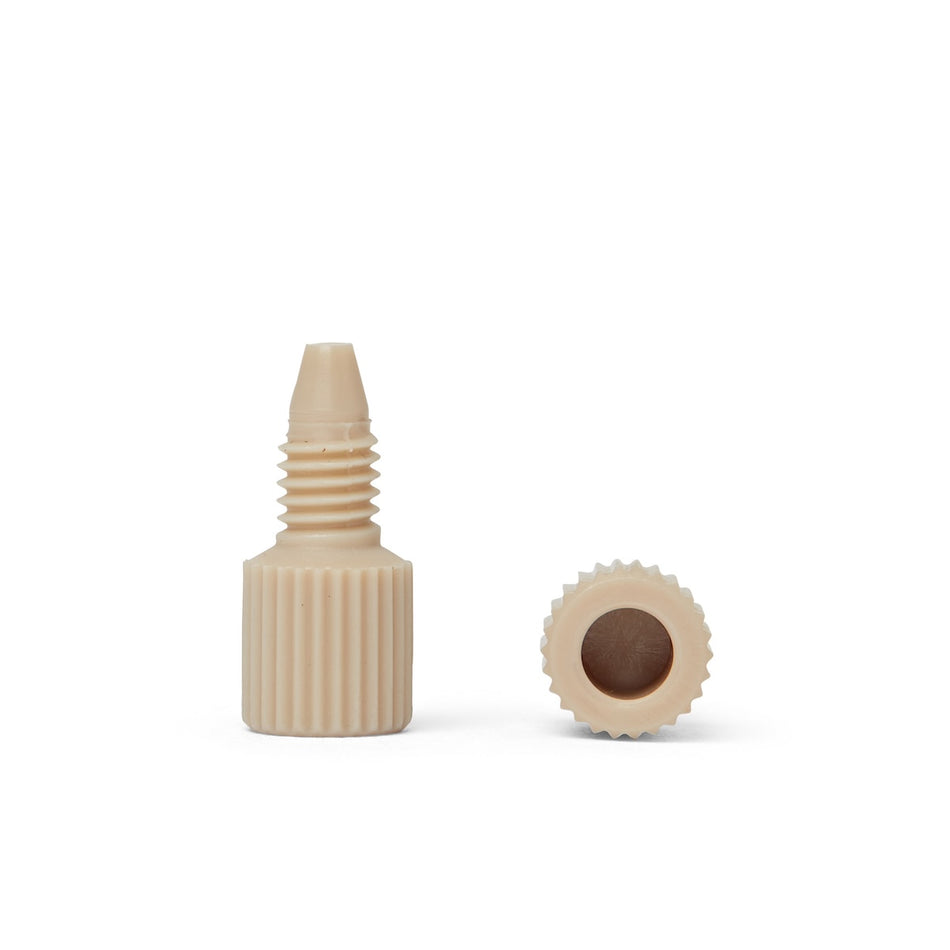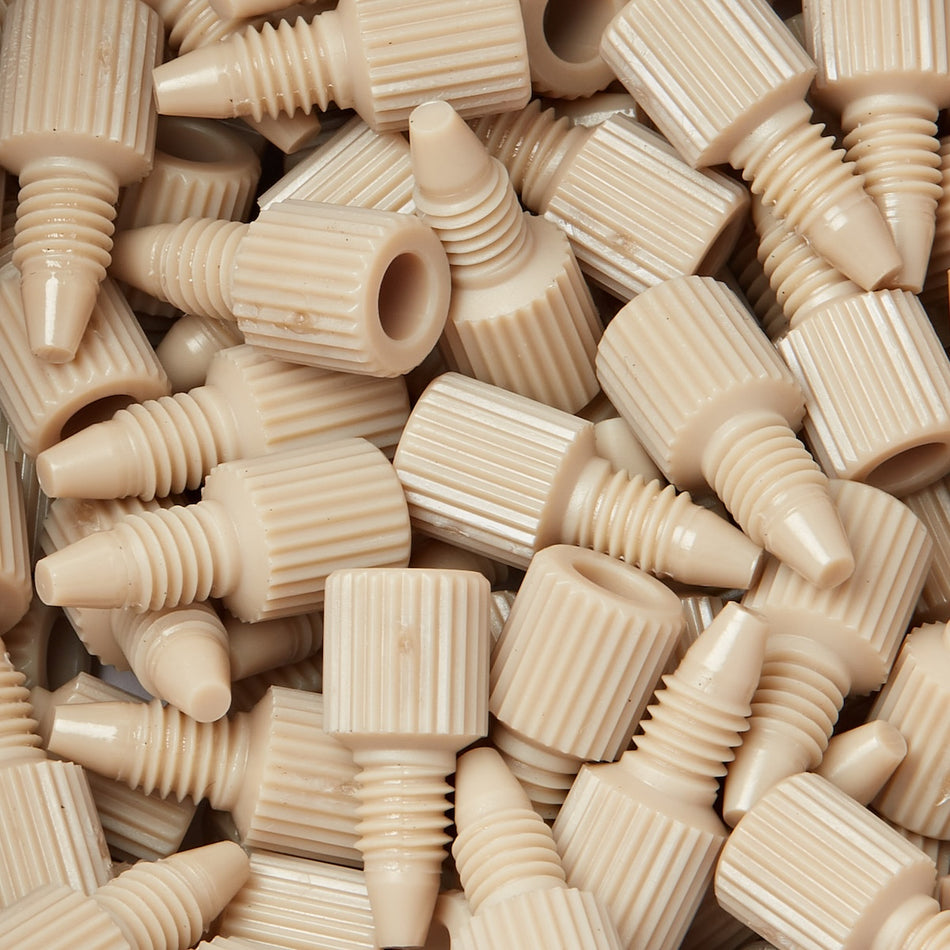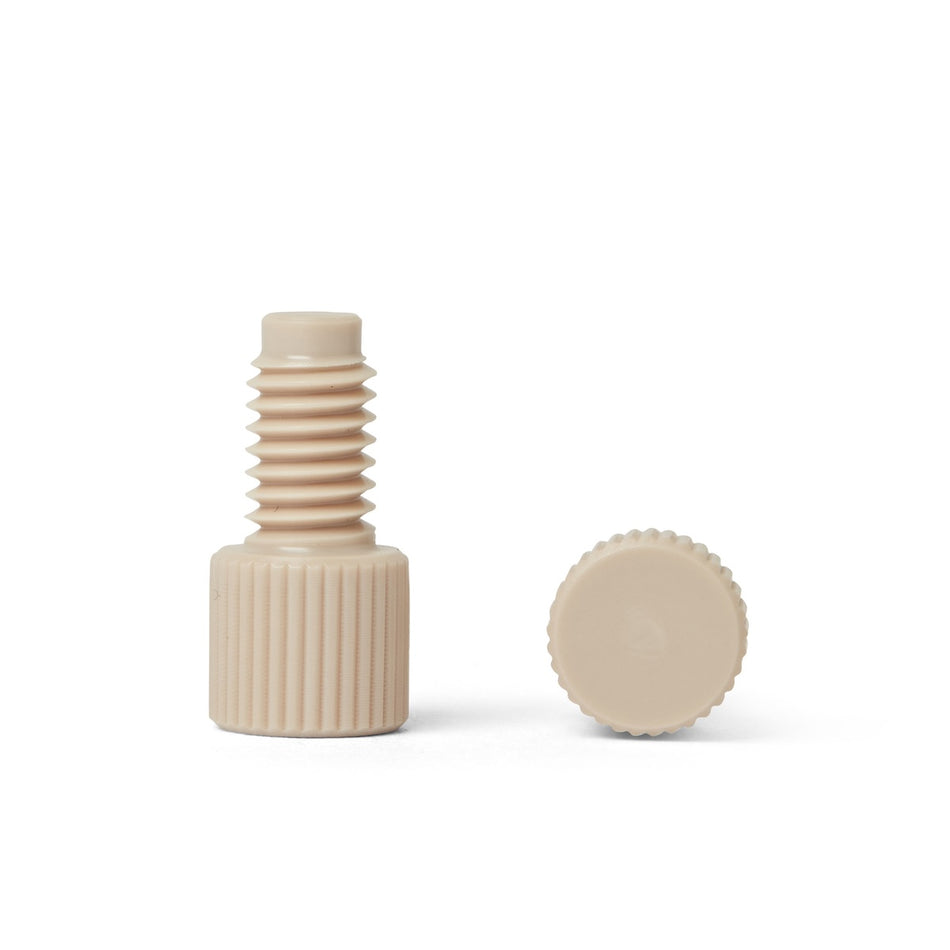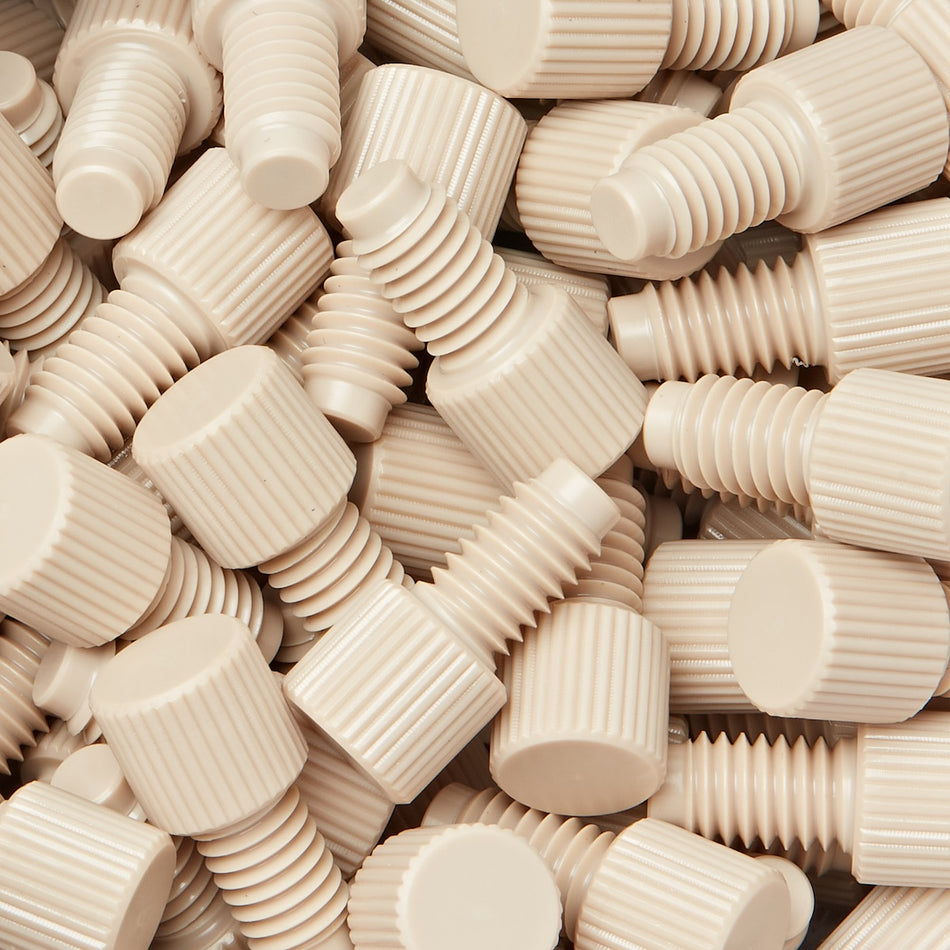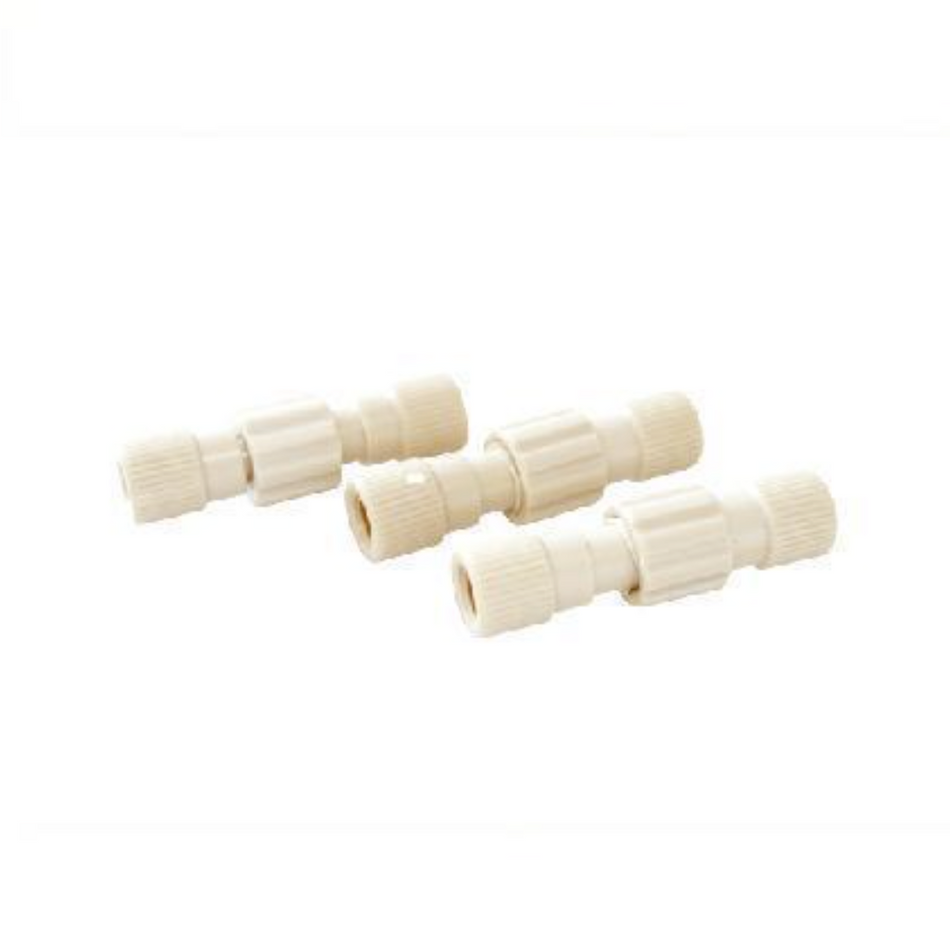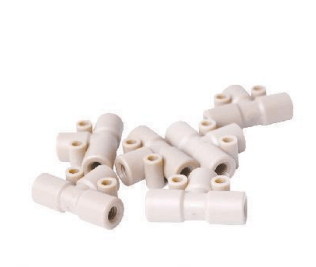123 Productos

Tecnología submarina y sus aplicaciones en tornillos, tuercas, pernos y elementos de fijación de polímeros.
El sector submarino, que incluye industrias como la de petróleo y gas en alta mar, las energías renovables (como los parques eólicos) y la exploración en aguas profundas, opera en entornos submarinos extremos que exigen materiales robustos y resistentes a la corrosión. Los elementos de fijación de polímeros han cobrado cada vez más importancia en este campo debido a sus propiedades de ligereza, alta resistencia a la corrosión y capacidad para soportar altas presiones y condiciones adversas. A diferencia de los elementos de fijación metálicos tradicionales, los polímeros, en particular los plásticos de ingeniería avanzados como el PEEK (polieteretercetona), son no conductores, lo que reduce el riesgo de corrosión galvánica cuando se utilizan junto con otros materiales. Su uso contribuye a mejorar la longevidad y el rendimiento de las infraestructuras submarinas, al tiempo que reduce los costes de mantenimiento.

